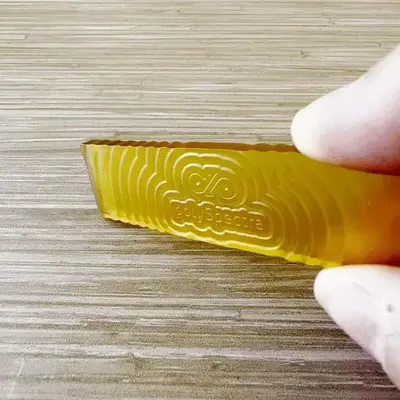What Is Small Batch Production? Understanding the Benefits and Applications
Definition
Small Batch Production refers to the manufacturing process of producing goods in limited quantities, typically ranging from a few units to a few hundred units. This approach allows for greater flexibility, reduced inventory costs, and the ability to quickly respond to market demands or changes. Small batch production is often used in industries such as fashion, automotive, and consumer electronics, where customization and rapid iteration are key.
Explain Small Batch Production like I’m 5
Imagine you’re making cookies, but instead of baking hundreds at once, you only bake a few dozen. This way, you can try different recipes and make changes quickly if you want to add more chocolate chips or make them less sweet.
Why does this matter?
Small batch production is crucial in additive manufacturing because it leverages the technology’s strengths in customization and rapid prototyping. It allows companies to produce limited runs of products without the need for expensive molds or tooling, making it ideal for testing new designs, creating custom parts, or producing items on-demand. This flexibility can lead to faster innovation and reduced time-to-market.
Real Talk
While small batch production offers many advantages, it’s not without its challenges. The cost per unit can be higher compared to mass production, which can make it less economical for large-scale manufacturing. Additionally, managing multiple small batches can be complex and require more meticulous planning and quality control. It’s a fantastic approach for niche markets, custom orders, and rapid iteration, but it may not be the best fit for every manufacturing scenario.
